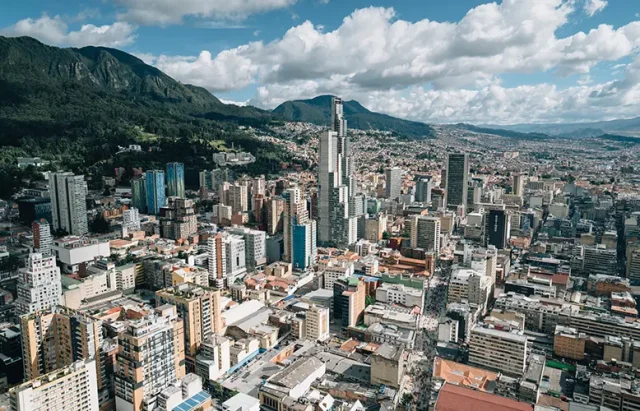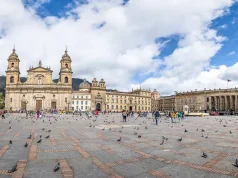
Moving to a foreign country is a huge adjustment in almost every facet of your life. For most USA citizens, a move to a country in South America can be particularly challenging due to the vastly different culture and way of living.
Colombia is one of those countries – it feels exotic and intimidating, but nearly 60 000 Americans have moved there and are currently living happily as expats.
But what makes it so enticing? And what would it be like to live there? Here are some of the most important things that you need to know if you’re considering the move.
Cost of Living
Finances always play a major role in the decision to move and live abroad. Many people choose to leave their homes for a better income and an improved quality of life – and this often comes down to the cost of living.
Many people are aware of how cheap it is to travel in Colombia, but what does it cost to live there? As you might have guessed, it depends very much on which area you live in. The big cities are far more expensive to live in, but even these are divided into suburbs (or estratos) which can vastly differ in class and costs. Wealthier estratos can be quite pricey to live in, but they’re also safer. If your budget is tight, you could opt to live outside of the big cities in a village instead.
Healthcare
A great thing about Colombia is their healthcare system – yes, it’s better quality than you might have thought! It’s considered to be the best healthcare system in Central and South America, using a three-tier universal system. Even better news is that the universal healthcare system even includes expats. This means that the public healthcare system anyone in need of medical attention.
Of course, you need to know where to find a public or private Colombia hospital that suits your needs. Despite having a great system overall, the quality of care you’ll receive will typically dip when moving outside of major cities.
Education and Schools
If you have children, are hoping to start a family, or even want to further your own education, then you need to make sure that you are clued up on the facts about Colombian education. Doing thorough research of your own is key, but here’s the most essential information to understand:
The education system is also made up of primary, middle, and secondary school, and all students are expected to complete their schooling from age six until age fifteen. There is, of course, a selection of both public and private schools to choose from, and private schools are naturally more expensive but offer higher learning standards and a wider variety of extra-curricular activities.
Employment Opportunities
Naturally, you’ll be concerned about what work will be in demand in a foreign country. In Colombia’s biggest cities (Medellin, Bogota, and Cali), there will be plenty of jobs available in all fields and industries.
There are a large number of multinational companies with South American headquarters in Colombia – like IBM and Google – that will employ both Colombians and foreign workers in all types of positions. As an expat, you should be able to find work easily, however, being able to communicate in Spanish will be a major help in this regard.
Housing and Accommodation
When it comes to housing, it’s important to understand how home rental works and whether you can buy property as a foreigner in Colombia.
In terms of personal identification, a valid passport is typically all you need to rent property in Colombia, although a cedula (Colombian ID) or visa might be helpful or required in some cases. Renting property might be a struggle for some due to the language barrier, so having a Spanish friend (or knowing the language yourself) might be helpful when trying to rent. You should also be aware that short-term leases are typically illegal, so if you aren’t ready to settle down then an Airbnb is your best bet.
Lifestyle and Culture
An important consideration that many people neglect to consider is what their day-to-day life will be like. A country’s culture, people, and lifestyle will have a huge impact on your overall experience and quality of life, so you should understand what living is like in a foreign place.
First of all, Colombia is an entirely different experience, and there are so many exciting things to experience all across this stunning country. Colombians love hosting festivals and carnivals all throughout the year (like the Carnaval de Blancos y Negros and Semana Santa), so there is almost never a dull moment. But aside from this, the country boasts a very diverse lifestyle with something for everyone. Whether you prefer spending time in nature or in a bustling city, you won’t be let down in this stunning country.





